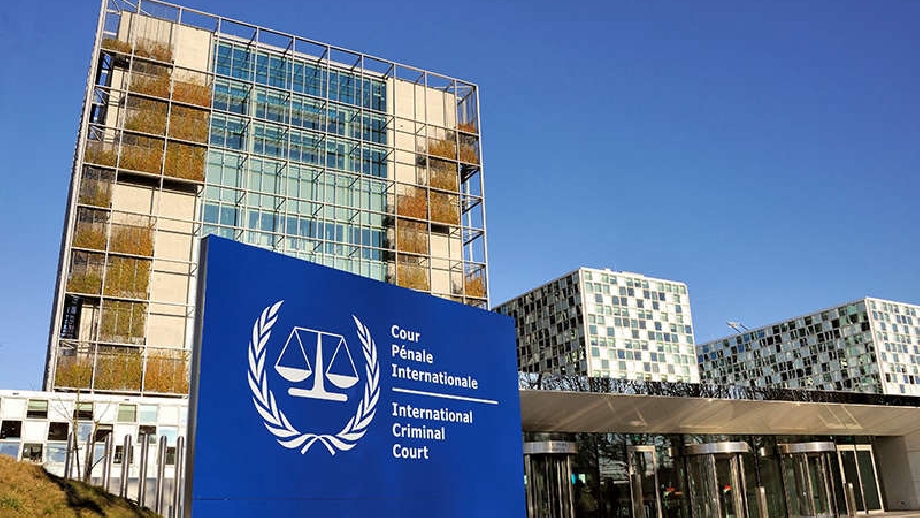
The International Criminal Court (ICC) has condemned and rejected new sanctions imposed by the United States on four of its personnel.
The move marks an escalation in tensions between the U.S. and the court, which is currently investigating alleged war crimes involving American and Israeli officials.
The sanctions target two judges—Kimberly Prost of Canada and Nicolas Guillou of France—along with two deputy prosecutors, Nazhat Shameem Khan of Fiji and Mame Mandiaye Niang of Senegal.
These measures follow a previous round of sanctions placed on the ICC's chief prosecutor and four other judges.
The U.S. Secretary of State, Marco Rubio, described the ICC as "a national security threat" and an "instrument for lawfare against the United States and our close ally Israel."
The sanctions were announced just months after the ICC issued arrest warrants for Israeli Prime Minister Benjamin Netanyahu and his former defense minister over the Gaza conflict, in addition to an earlier probe into alleged war crimes in Afghanistan.
In response, the UN-backed court called the sanctions "a flagrant attack against the independence of an impartial judicial institution." A UN spokesman, Stéphane Dujarric, also expressed concern, stating that these actions "undermine the foundation of international justice" and create severe impediments for the court’s work.
The ICC vowed to continue its mandate, "undeterred," and called on member states to offer firm support.
The ICC was established by the 1998 Rome Statute to prosecute genocide, war crimes, crimes against humanity, and the crime of aggression.
Neither the United States nor Israel is among the 125 states that are parties to the treaty.


